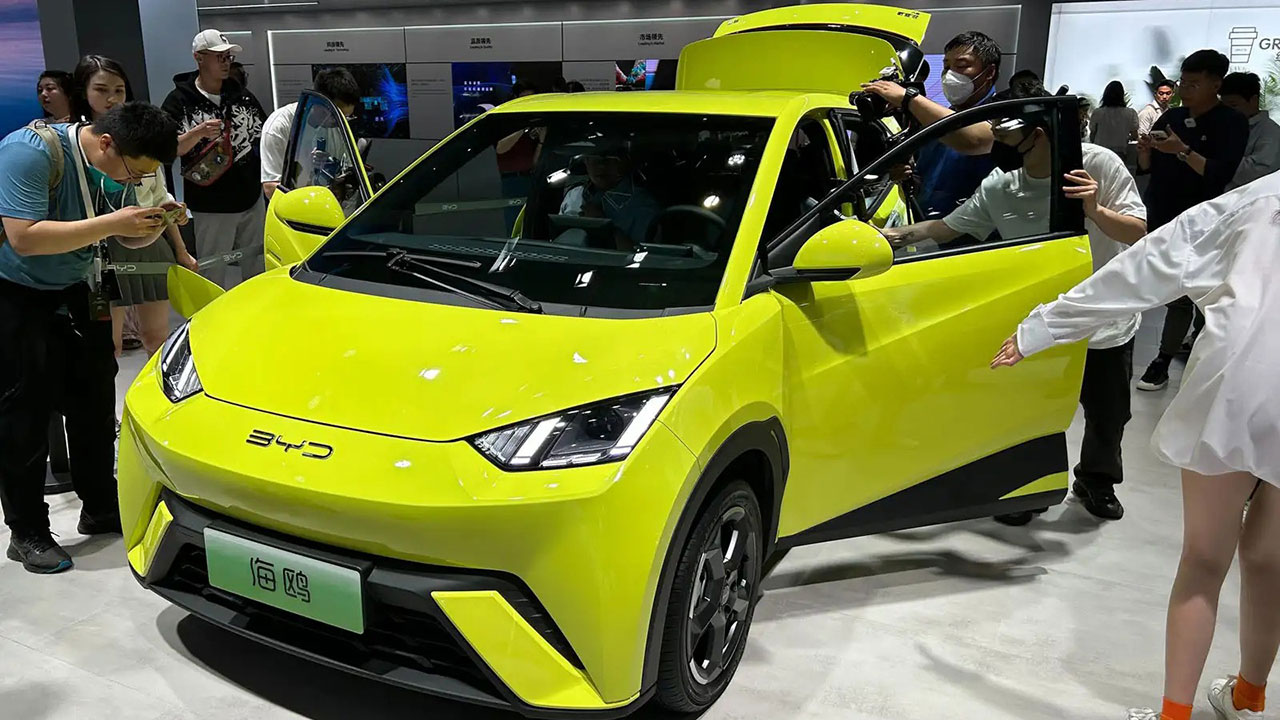BYD's focus on market share is a common tactic in the Chinese market, similar to trends seen in bicycle sharing, food delivery, and ride-hailing services. These sectors often experience a "race to the bottom" where aggressive competition leads to market consolidation. A notable example is the bicycle-sharing segment where previously dominant companies like Ofo and Mobike are no longer operational.
The Chinese car market has faced challenges such as overproduction and below-average factory utilization rates. Despite these issues, BYD has emerged as a leader in the New Energy Vehicle (NEV) market with significant sales figures in 2023, outpacing Tesla and others significantly. This success comes amidst discounting tactics that have been present since last year.
BYD's profitability per car has increased dramatically from being negative before 2021 to US$1,250 in 2023. This growth reflects an eight-fold increase in cash reserves since 2019. Additionally, BYD's recent strategy to make NEVs cheaper than internal combustion engine (ICE) vehicles contributed to near-record sales in March 2023.
The choice between focusing on market share versus single-car profits poses a strategic question for car manufacturers. BYD appears to benefit from economies of scale and vertical integration, challenging competitors who might struggle without high volumes of sales.
Source: CarNewsChina

